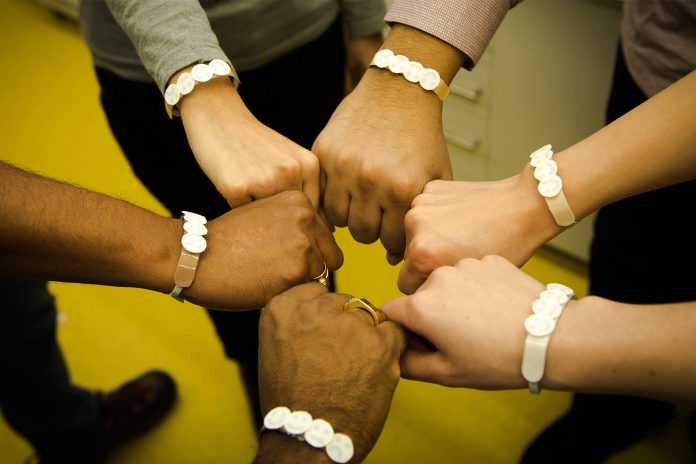The ethics of testing sunscreen effectiveness by exposing humans to ultraviolet radiation is under question, with scientists and cancer experts calling for the practice to be phased out.
Recommendations from the Australian Radiation Protection and Nuclear Safety Agency (ARPANSA), Cancer Council Victoria and RMIT University are backed by research published in the journal Trends in Analytical Chemistry.
The paper reviews sunscreen ingredients, regulations and testing globally, and proposes a roadmap for the development of reproducible human-free sunscreen testing.
Challenging the international standard
Testing sunscreens on humans is the current international standard to rate UV protection performance. This testing involves volunteers wearing a sunscreen and being exposed to artificial solar UV to measure the performance by the time taken for sunburn to occur.
However, ARPANSA Chief Radiation Health Scientist Dr Rick Tinker says this has ethical challenges as it exposes people to cancer-causing UV radiation.
“Sunscreens are an important part of sun protection and preventing serious sun damage to people – 2 in 3 Australians will develop skin cancer by the age of 70 – but we shouldn’t be risking people’s long-term health to test the effectiveness of sunscreens,” he says.
Human-free sunscreen testing
A team led by Professor Vipul Bansal, Director of RMIT’s Sir Ian Potter NanoBioSensing Facility, has already developed a prototype sensor that changes colour when exposed to UV radiation that they say could be customised for human-free sunscreen testing by mimicking the skin.
“What excites me the most is that access to this new method will allow sunscreen manufacturers to rapidly innovate new and better sunscreens, which are currently limited due to time and cost constraints involved with human testing,” Prof Bansal says.
His team – including Dr Wenyue Zou, Associate Professor Sylvia Urban and Associate Professor Rajesh Ramanathan – are working with ARPANSA to develop the required human-free sunscreen testing methods and protocols within this decade.
Prof Bansal says sunscreen testing is just one of many potential applications for nanosensor technologies, which could also be used to detect a wide range of diseases and contaminants.








